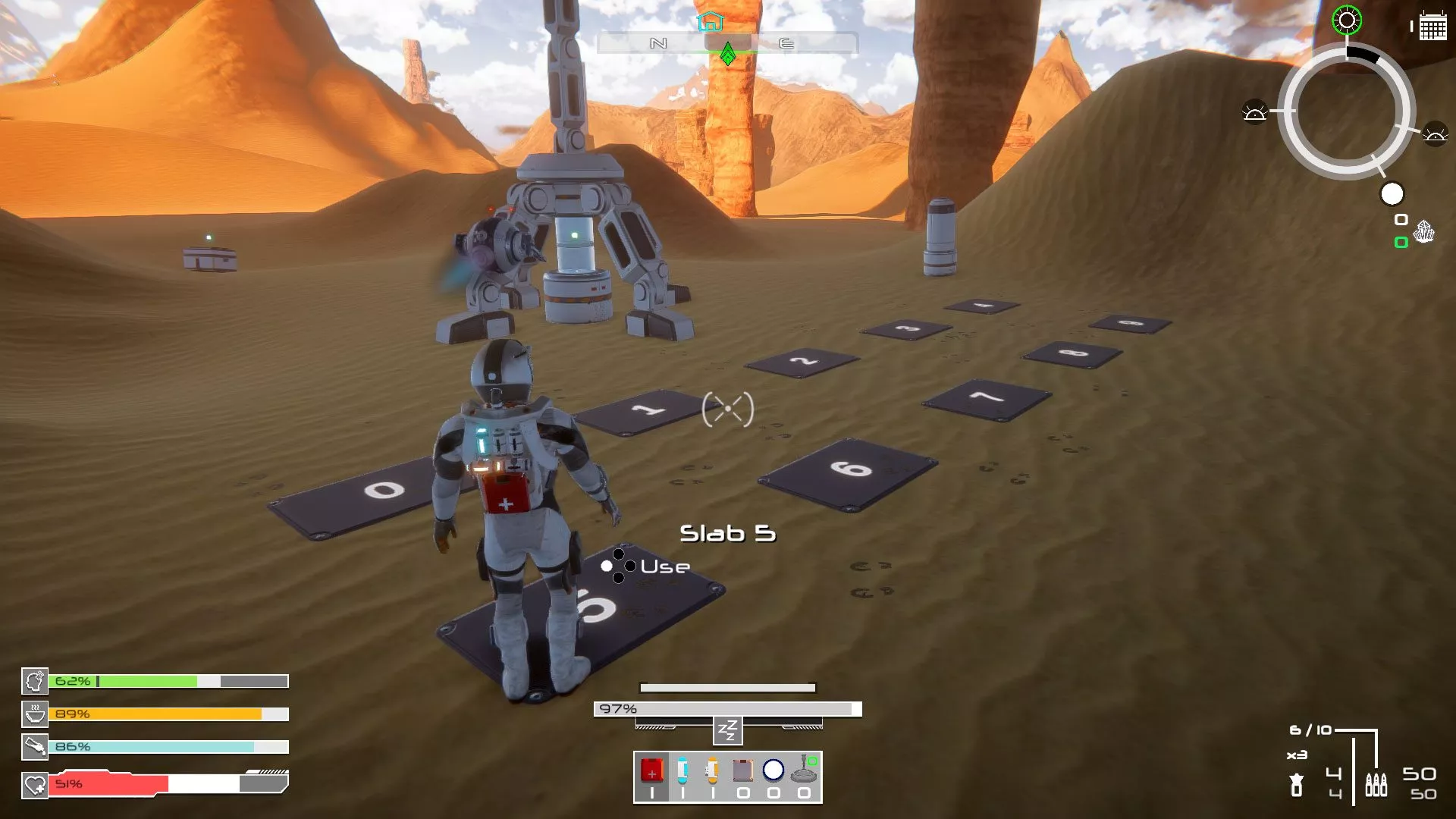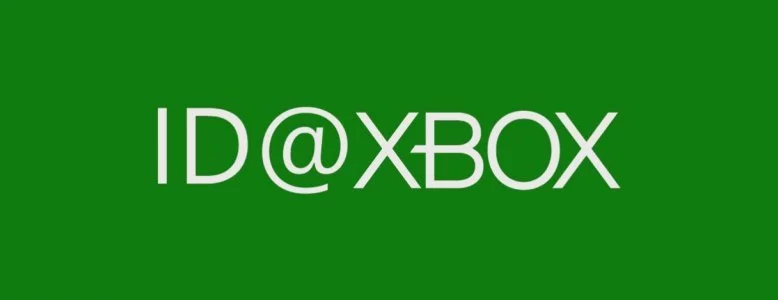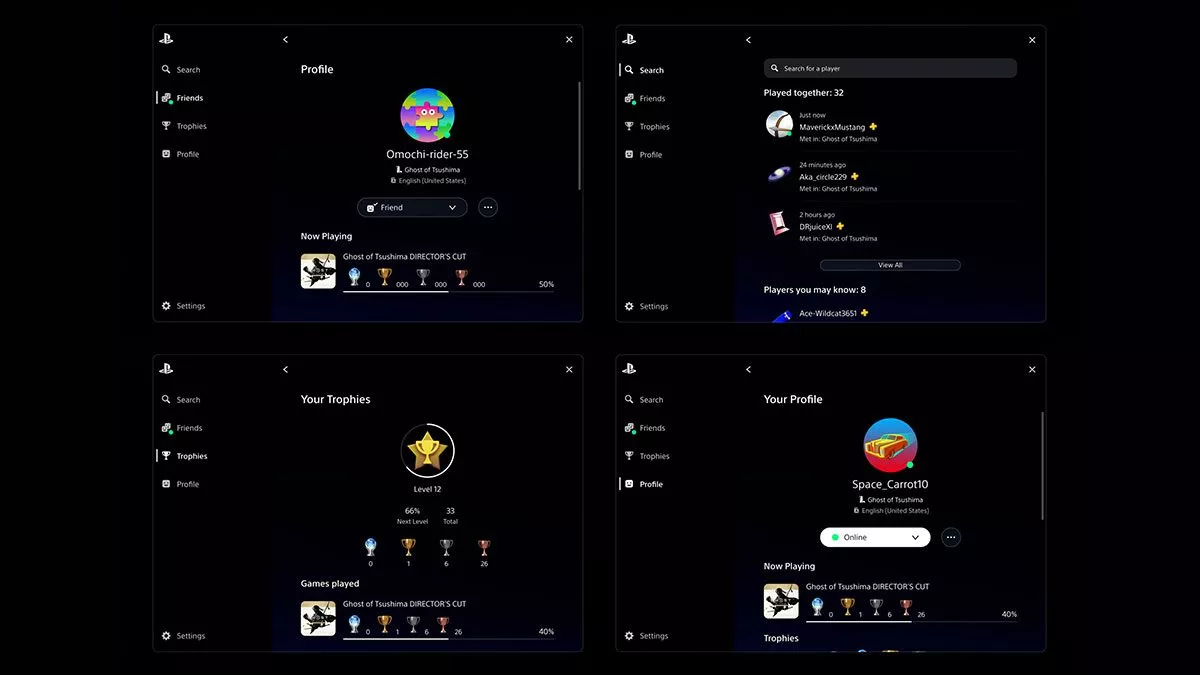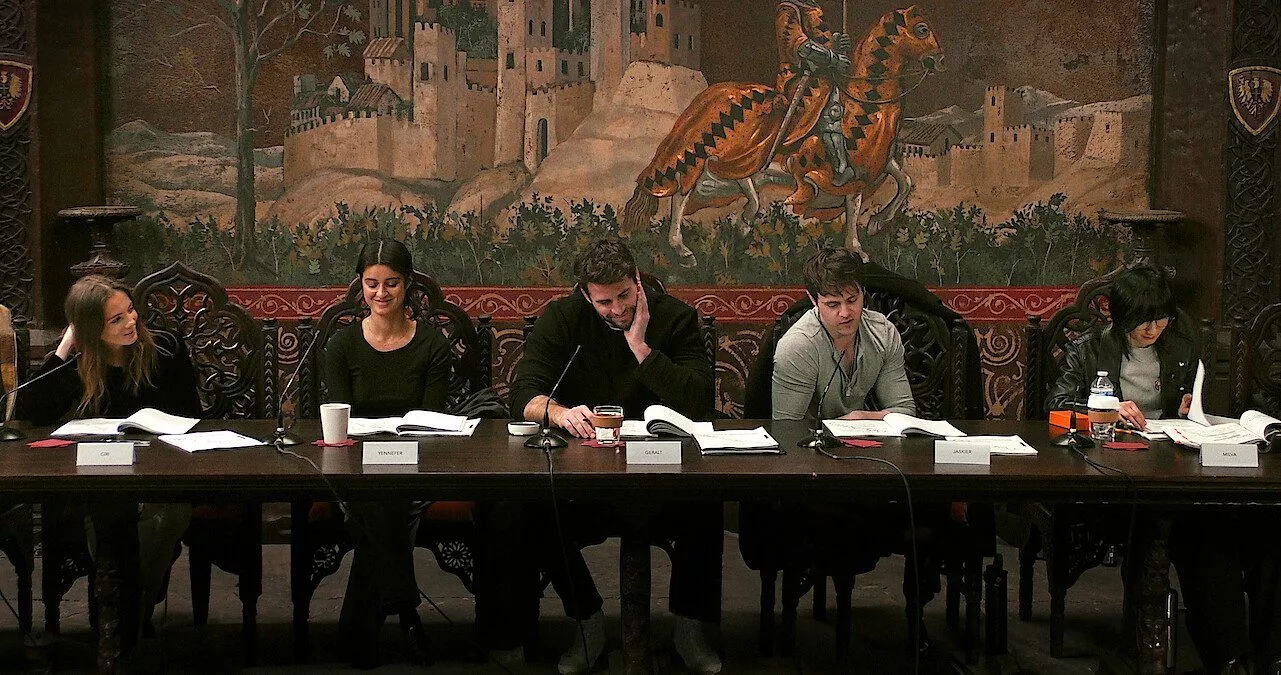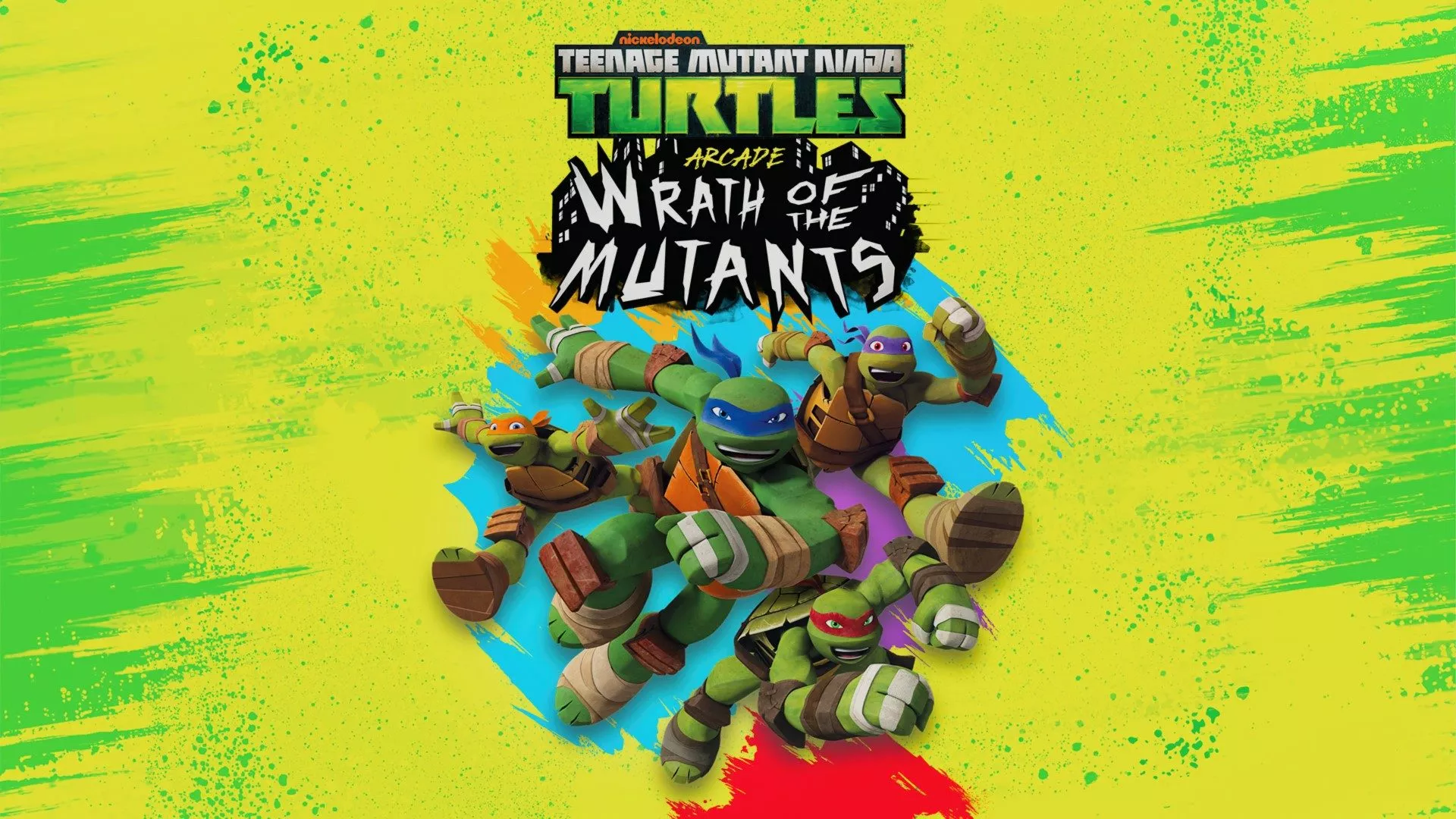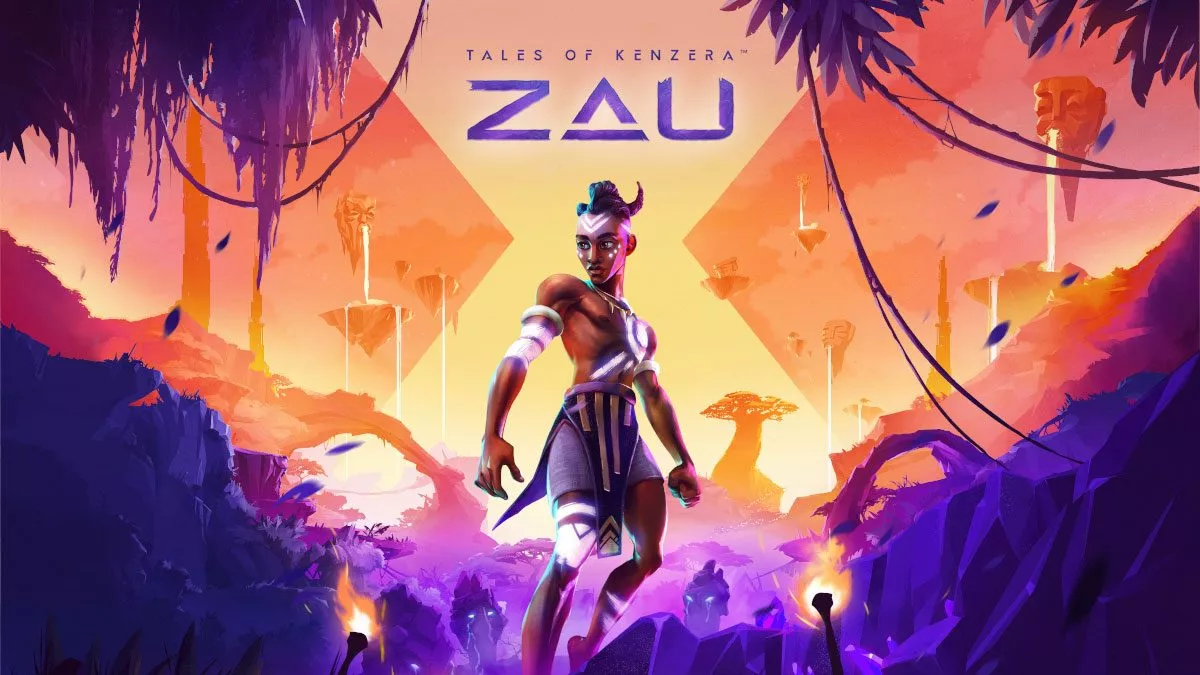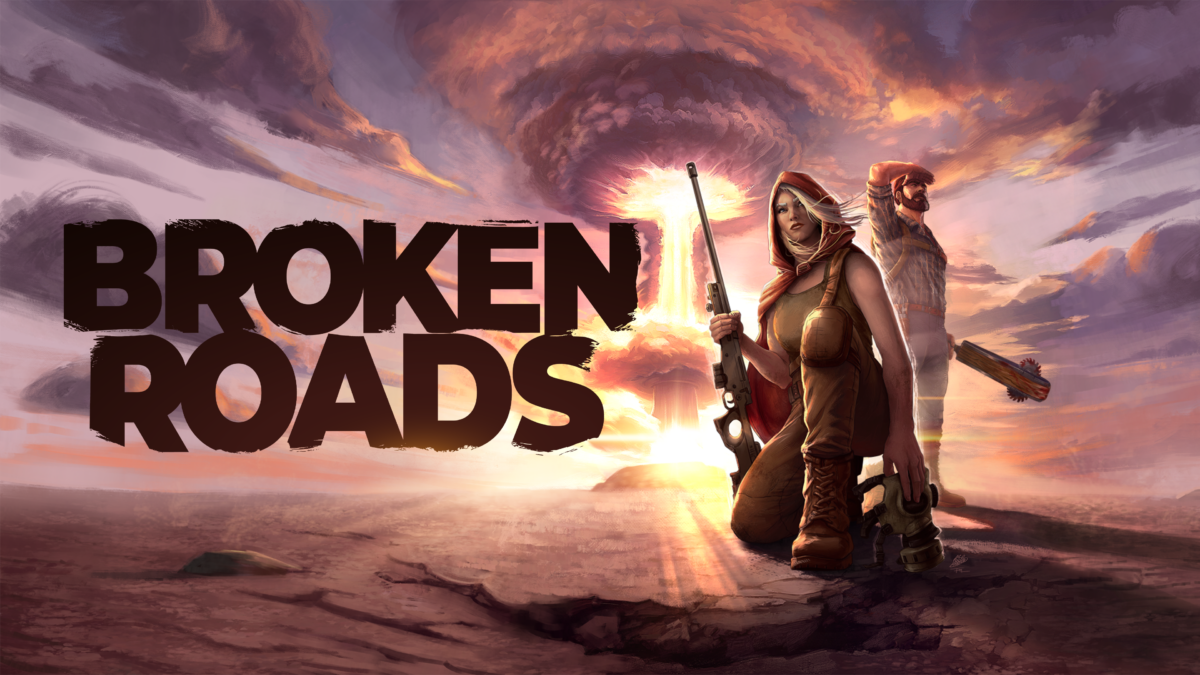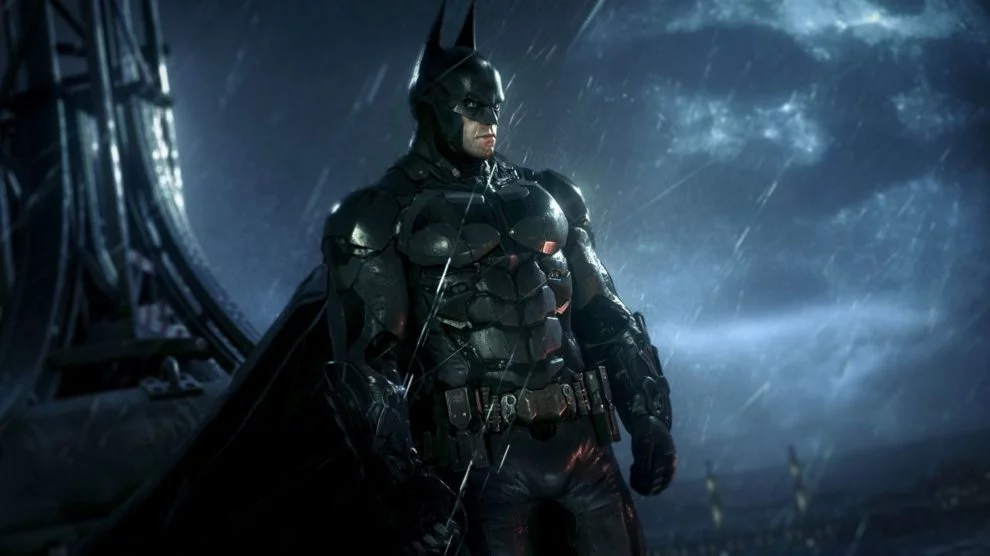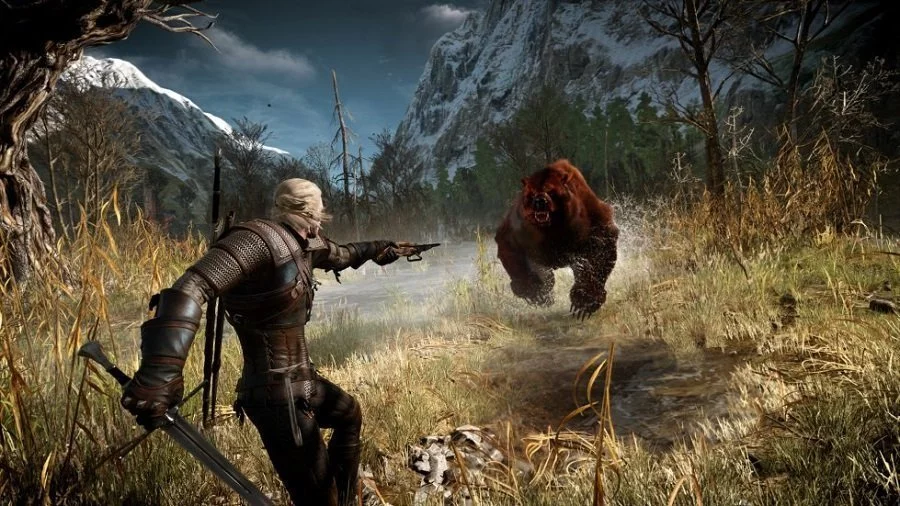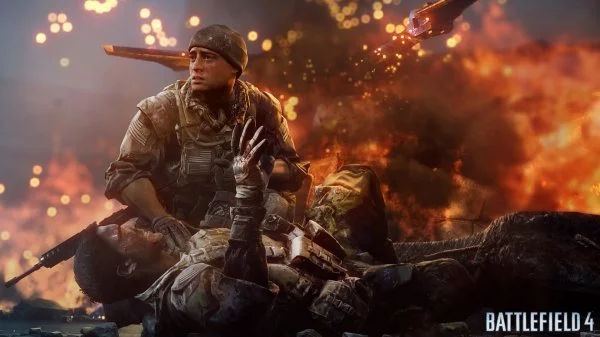Microsoft versus Sony, Battlefield versus Call of Duty and Forza versus Gran Turismo. These are some of the rivalries that can get people talking about console wars. “Game On or Game Over” is your place to get inside the minds of Nicholas and Andy as they seek to find the true meaning of gaming and tackle some of gaming’s most controversial subjects. Both are award winning authors – although the awards haven’t been mailed or created yet — but trust them. Would they lie to you?
Nicholas: First and foremost before we start this week’s article, I wanted to apologise to you Andy. I’m writing these opening paragraphs to you quite late within the week, so I just wanted to say sorry for this delay. Actually, perhaps I take that back because it seems like delays have now become the norm within the gaming industry, and in a perfectly crafted segue, it’s exactly what I wanted to discuss today.
Forget micro-transactions, forget on-disc DLC and forget horse armour, the latest and greatest trend with games is delaying their release… and then delaying them again. Think of any game you’re looking forward to this year – The Witcher 3? Delayed. Batman: Arkham Knight? Delayed. Tom Clancy’s The Division? Delayed. Project CARS? Delayed. Even when you think all is well and the game finally hits it’s release date, some titles are released for one console and, you guessed it, get delayed on the other – I’m looking at you Ride.
It’s very interesting that we’ve gone from one spectrum of games being released too early and with a host of issues (Assassin’s Creed: Unity and Battlefield 4) to the very opposite end, with some titles being postponed not just weeks but months. So to kick things off this week I wanted to ask you – why do you think this is? Why are we seeing so many release dates being pushed back?
Andy: It certainly does seem like there are a lot of games that are being delayed doesn’t it? Even with the ability to push out massive Day One patches there are still games that push the date back once, or twice or even three times. I want to preface my next comment with the statement that I have no real knowledge of the inside of a developer’s studio. But, my gut says most of these delays that we see are the result of the publishers. Not in the sense that the publisher comes in and says, “Hey guys, we know you’re working hard on this game so we wanted to give you another couple months. So we’re pushing the date back.”
Instead I think it’s the opposite. I think the publishers are so hell-bent on getting the game in front of gamers at conventions and what have you. Then the publishers says something like “Coming the Fall of 2015.” The developer gets that message and has to push through all their deadlines and burn the candle at both ends, all to try and meet the publisher’s deadline. Then, when it gets closer and closer to that deadline, the developer goes to the publisher and says “Hey, we aren’t going to have the game ready by then.” The publisher then has to backtrack and do ‘damage control’ with the throng of gamers that have already jumped on the hype bandwagon. Gamers then bitch at the developer for not meeting the announced release date when, in many cases, the developer had no say in the release date anyway.
Personally, I think the majority of the issue has to do with publishers wanting to hit that certain sweet release date. Be it during the holidays or whenever it is. I don’t think there are truly developers out there that want to rush a game and throw it to gamers half finished. At the same time, you and I both know developers are under a ton of pressure from publishers to hit that exact deadline no matter what issues arise. What do you think? Do you think gamers are directing their ire at the wrong group? Or do you think it has more to do with the developer?
Nicholas: No, I think you’re right in suggesting that a lot of this pressure to hit release dates (and then subsequently release a non-finished game) comes from the publisher, not the developer. Think of a team where one person creates a product and the other person markets it. The former doesn’t have knowledge on how to sell his product, only on how to make it. Alternatively, the latter doesn’t know what’s required to make the product he’s marketing, just how to sell it. I’m sure there are developers/publishers that have knowledge of each other’s work, but really they should be focusing on their core responsibility. Further to that, I’ve been told by friends of Ubisoft employees about the pressure that comes from the publisher down to the developers. Release dates are sometimes sprung on the team creating the product and as was the case with AC: Unity, they had to ship the game to meet the release despite the fact it hadn’t been thoroughly tested.
What you’ve mentioned about pushing release dates because the games just aren’t ready sounds like certainly the probable reason (and I believe was the reason cited by the teams behind both Project CARS and Batman: Arkham Knight), but I wanted to focus on what you said about companies doing damage control and dealing with angry gamers. Above I’ve mentioned the case of Unity and for the longest time gamers were constantly complaining about how unplayable it was on launch. Now that we’re being told that our upcoming titles are delayed for weeks and months there are gamers who are getting frustrated. I understand that it’s disappointing to know the game you’ve been waiting months (if not years) for is now going to take even longer, but do gamers really have the right (or even the grounds) to complain if it means a better product? We’ve spoken about gamer entitlement in the past – is this just another example of it? Can you ever justify the backlash?
Andy: Do gamers have a right to complain about game delays? I’d have to say no to that. We are the end user, and if it takes a while to get the product out to us then so be it. It’s not the end of the world. No matter how much we complain about it, the sun will rise and set, and our lives will carry on. I can understand though why gamers complain about games getting delayed. And, oddly enough, we’re back to talking about publishers. Those publishers have made it an art form with how easily they can get gamers excited about a title. It starts off as one small trailer, then another. Then they do a dev diary, followed by a couple interviews, then a gameplay “leak” and then a huge reveal followed by a release date. By this time gamers are frothing at the mouth, they’ve pre-ordered the game and have their doctor’s note written for why they weren’t able to go to work on release day. They make plans to stand in line at midnight to be one of the first to get the game and then… it’s pushed back. It’s like a little kid waiting for Christmas morning only to find no presents.
I think the past six months developers and publishers have learned a valuable lesson about games for this generation. It’s better to push a game back, and disappoint that way then to rush the release of a game and really piss off gamers. Because if I buy a broken game, then I have the right to bitch about it. Battlefield 4, Assassin’s Creed: Unity and Halo: The Master Chief Collection are all prime examples of not properly testing a game. All three came from big developers and even bigger publishers. Yet, all three were allowed to be published in the state they were. If a publisher puts that much pressure on a developer to meet a deadline, then that publisher should also be responsible for making sure the game is tested properly. Personally, I’d rather wait two weeks, a month or even six months if it means a game I am looking forward to will be that much closer to perfect.
If I was to pull out my crystal ball and gaze into it, I’m willing to guess that there we’ll see more games delayed so that the same mistakes we’ve seen in the past six months or so aren’t repeated on such a grand scale. I think one of the reasons publishers are hesitant to push games back is like I talked about they already have the hype train going and have spent money getting it where it is. Any delay means more expenditure for marketing and development time. Yet, they have to consider which is worse cleaning up the mess of a bungled release, or tacking on a longer development and marketing plan? Those are answers I don’t have, but I’d assume it’s better to delay it than rush it. With those 3 big games I mentioned, what do you think the rationale was for releasing them in the states they were? It was obvious to most gamers that those games weren’t ready, so why release them?
Nicholas: I think you’ve already answered that question – publishers have set a release date and they want to keep to it. Now I’m sure we’re asking ourselves “what’s the importance of a date – just change it”, but like when the initiate date was set, there’s a lot that goes into it. Publishers need to consider which other titles are being released around that time and what conflicts they could face. Perhaps with all three games there were too many AAA titles coming out shortly after that they couldn’t risk postponing them further.
That does prompt me to think further about the trade-off you mentioned about weighing up not releasing a game and having to spend more on marketing, with dealing with repercussions of a broken game afterwards. With Unity and Halo, both publishers ended up having to provide both a free game (and even additional DLC) to all gamers. I’m sure the higher-ups wouldn’t have been impressed that a potential source of revenue just went down the toilet to literally every consumer. Like you, I can’t comment on the actual cost, but perhaps these other publishers ran their own figures and realised it wasn’t a risk they wanted to take.
It’s interesting though, previously we considered delays as a sign of trouble with a game. It used to be indicative of development woes and a serious flaw that prevented the title from going out in time. Nowadays though a lot of gamers are now seeing them as “great, a chance to make them even better”. Why do you think we’re seeing this shift? When certain games are repeatedly delayed, do you still think there’s a chance we’re in for a flop?
Andy: Oh, I think anytime a game is delayed it can eventually flop, but you can also say that ‘any’ time a game is released it can flop. That’s just the way it is. I think it’s natural for people to hear a game is delayed and start to think there are problems with it. It is an interesting paradigm shift that has occurred when we hear about delays now. I am one of those who used to think the game would be a mess, and now I am in the camp of “oh great they’re making it better.” I’m not sure where or how that happened though. Even though I’m not sure where that shift came from, I like it. It’s kind of ironic with how negative the gaming world is about pretty much everything, when a developer delays a game it is seen by many as a positive.
I would like to see this as a small step in the right direction for the gaming industry as a whole. I don’t know about you, but I get sick and tired reading, seeing, and hearing about everything in a negative light. Heck, one of the gaming forums I frequent, for every new game that comes out there is a thread on that game’s forum titled “Official bitching thread”. Seriously, it’s come to that. “Hey folks we know you’re going to bitch about this game. Do it here.” It’s nice to see a shift in the other direction.
What I hope happens one step further with this though, is that publishers see it and hear about it. I think that’s a big part of why some publishers don’t want to delay games is there is/was a negative stigma attached to it. Before: Game X is delayed, so that means there are problems. Now: Game X is delayed, OK no worries that means it will be better. While financial implications certainly play a part in delaying or not delaying a game, we’d be fools not to think about the perception piece as well. If a publishers knows it won’t be held against them to delay a game, maybe they will consider it as an option more often to use if they need to. What do you think though, maybe I am just being naïve in thinking that way. Do you think since the stigma behind delaying a game has shifted into the ‘not negative’ that publishers will be more willing to delay a game if needed? Obviously, it’s not the best case scenario for them, but if they truly need to – for whatever reason – do you think it’s a more feasible option now?
Nicholas: I’ll be honest, I’ve never been the kind of person who associated delays with the signs of a product in jeopardy. As you mentioned before, delaying a title has always meant to me an opportunity for improvement. I think you nailed it when you said that just as a delayed game can be bad, so too can a released game in general. I don’t think it’s necessarily right for gamers to assume that just because a developer has decided to hold a title back, that it means it’s in trouble. We are otherwise failing to take into consideration all the factors that went into (or didn’t go into) deciding the release date to begin with.
As we near the end of this week’s article I wanted to get your opinion on two final questions. Firstly, with games being delayed, what do you think the greatest risk is to developers/publishers and the success of said game? Take the case with Grand Theft Auto V for the PC. Just now we’re approaching the final release date for this title, almost two years since it was originally launched on the last generation, and many months since it was re-released on the current generation. Despite so many outlets talking about how great the final product looks in 4K, do you think there’s a chance gamers are not going to care anymore about picking this up, and has the hype train well and truly departed? As far as sales go, do you think it would have been better to sell the PC version with the initial release or perhaps the re-release, compared to now?
Finally, with delays becoming more common recently, and with the chance we could be seeing it more, do you think there’s even a point having concrete release dates anymore (or if we do, to be taken with a grain of salt)? Is this the reason why so many titles are initially revealed with “Spring 2015” or just a year because it offers that flexibility?
Andy: I think Grand Theft Auto V is its own unique animal. Just for the fact that it has, for all purposes, officially been released three times now. First on the PS3/360, then on the Xbox One/PS4 and now on the PC. It would be different if it hit all platforms at the same time, but I just can’t see the PC version getting a crap ton of sales. Asking gamers to buy the same game three times over seems like overkill to me. Will it sell copies? I’m sure it will. It’s GTA after all, but I don’t think it will be as high volume as some think it will be. That’s just my opinion though.
In terms of your broader question with delays, I think the greatest risk for the developer/publisher is keeping people’s interest and trust. That’s one of the reason it’s important for the developer to be upfront with what’s going on and what gamers can expect. I know many gamers plan out their purchases so they don’t have too many games sitting idle at one time. So when a delay is tossed in, some of them shrug it off and say “Well, I’ll wait for it to go on sale now because I’ll be playing <insert other new release game here>.” They need to keep fans interested and eager, maybe that’s part of the reason the hype machines kick out so much gameplay footage, dev diaries and the like. If the game is at the front of gamers minds it’s harder to pass on it when it hits the shelves.
I think you’re spot on (man I hate saying that) with how some developers/publishers are skewing release dates now instead of hard dates they are giving us time frames. Saying Spring 2015 is much more ambiguous than saying March 16th 2015. A three-month window has to be easier to hit than one specific day. That way if there are things that need to be tweaked they aren’t disappointing gamers. At the end of the day though, as badly as we want to play a game on a certain day I’d rather wait an extra month to ensure that I get the best experience I can from a game. That’s a much better alternative than getting a game on a rushed release day only to stare at the screen and see game breaking glitches or matchmaking that doesn’t work. If I had to pick one or the other, I’d pick waiting hands down every time.
Tune in next time for the next instalment of Game On or Game Over. If you have any ideas for our next article, feel free to contact Andy or Nicholas on Twitter.
Special thanks to Dejan for coming up with the idea behind this week’s article!
This article may contain affiliate links, meaning we could earn a small commission if you click-through and make a purchase. Stevivor is an independent outlet and our journalism is in no way influenced by any advertiser or commercial initiative.


